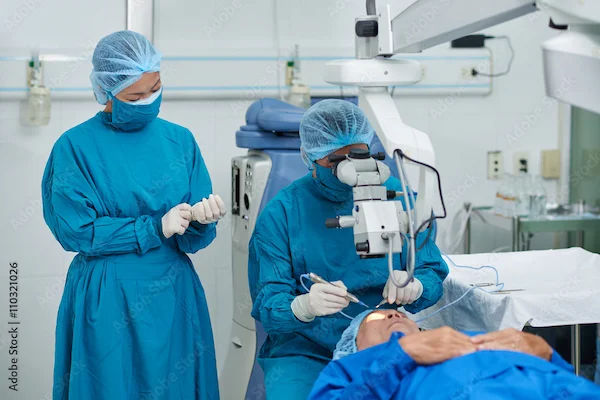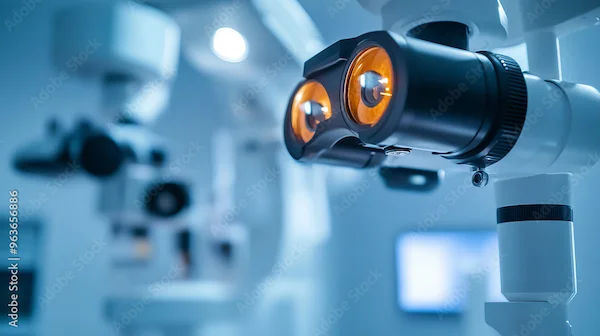When Will Vision Improve After Cataract Surgery?
Wondering when your vision will improve after cataract surgery? Learn what to expect day by day, recovery milestones, and how to support healing for clear sight.

Written by Dr.Sonia Bhatt
Last updated on 15th Jul, 2025
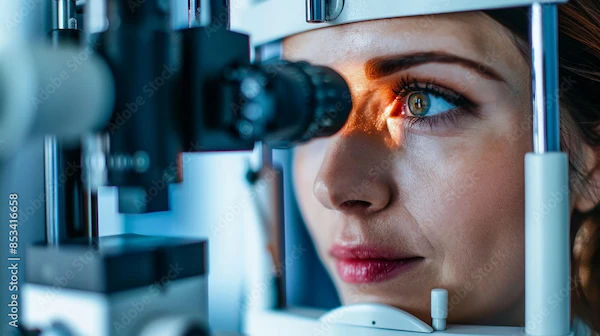
Introduction
Cataract surgery is a common and highly effective procedure that helps restore clear vision by removing the cloudy lens (cataract) and replacing it with an artificial one. If you've recently undergone cataract surgery or are planning to, you may wonder how long it takes for your vision to improve fully. Let’s break it down in simple terms.
Immediate Recovery: First Few Days After Surgery
Right after cataract surgery, you may notice some immediate improvements in your vision, but it’s normal for your eyesight to still be a bit blurry or hazy. Here’s what you can expect:
First 24 Hours: Your eye may feel slightly irritated, watery, or sensitive to light. Vision may be foggy due to swelling or the eye drops used during surgery.
First Few Days: Blurriness gradually reduces, and colours may appear brighter. However, your vision may still fluctuate.
Your doctor will prescribe medicated eye drops to prevent infection and reduce inflammation. It’s important to follow the dosage instructions carefully.
Consult Top Specialists for Personalised Health Advice
First Week to One Month: Steady Improvement
Most people experience significant vision improvement within the first week, but full recovery can take a few weeks. Here’s a general timeline:
1 Week: Many patients notice sharper vision, though some mild blurriness or distortion may persist.
2-4 Weeks: Your eye continues to heal, and vision stabilises further. If you have a multifocal or toric lens (for astigmatism), it may take a little longer to adjust.
During this time, avoid:
Rubbing your eyes
Strenuous activities or heavy lifting
Swimming or exposing your eye to dust/dirt
Full Recovery: Up to 2-3 Months
While most people see clearly within a month, some may take up to 2-3 months for complete stabilisation, especially if they have other eye conditions like glaucoma or macular degeneration.
When to expect clear vision:
Distance Vision: Improves quickly, often within days.
Reading Vision: If you have a monofocal lens set for distance, you may still need reading glasses.
Both Eyes: If you had cataracts in both eyes, the second eye is usually operated on after the first one heals, which is 1-4 weeks apart.
Possible Temporary Side Effects
Some common but temporary side effects include:
Dry Eyes – Use lubricating drops as recommended.
Halos or Glare at Night – Usually fades within weeks.
Mild Discomfort or Itching – Avoid rubbing; let it heal naturally.
If you experience severe pain, sudden vision loss, or increasing redness, contact your doctor immediately.
Tips for Faster Recovery & Better Vision
A few simple steps can help protect your eyes and support healing.
1. Use Prescribed Eye Drops – Prevents infection and inflammation.
2. Wear Sunglasses – Protects your eyes from bright light and UV rays.
3. Avoid Strenuous Activities – Give your eyes time to heal.
4. Keep Follow-Up Appointments – Ensures proper healing.
5. Eat Eye-Healthy Foods – Include leafy greens, carrots, and omega-3-rich foods like fish.
When to Seek Help?
While complications are rare, consult your doctor if you notice:
Severe pain that doesn’t go away
Sudden vision loss
Increased redness or swelling
Flashes of light or floating spots
Final Thoughts
Cataract surgery is a safe and life-changing procedure. While vision improves quickly for most, full recovery can take a few weeks to months. Be patient, follow your doctor’s advice, and soon you’ll enjoy clearer, brighter vision!
If you have concerns or need a follow-up consultation, you can easily book an eye check-up on Apollo 24|7 for expert guidance.
Consult Top Eye Specialists
Consult Top Specialists for Personalised Health Advice
Dr. S Venkateswaran
Ophthalmologist
35 Years • MBBS, PGD (OPTHALMOLOGY)
Tiruvannamalai
Shiva Eye And General Hospital, Tiruvannamalai
Dr. Kakarla Roopa
Ophthalmologist
3 Years • MBBS MS Ophthalmology
Tirupati
Anna Gowri Hospital, Tirupati

Dr. Anchal Gupta
Ophthalmologist
10 Years • MBBS,MS ( Opthamology )
New Delhi
NETRAM EYE FOUNDATION, New Delhi
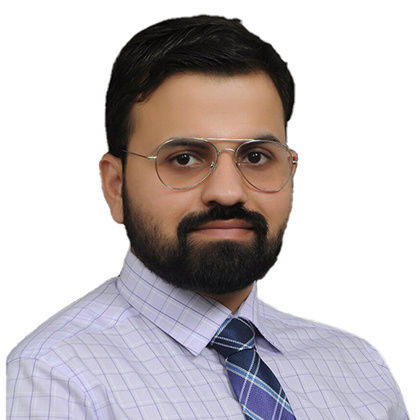
Dr. Aditya Sharma
Ophthalmologist
10 Years • MBBS, MS (Ophthalmology)
Chandigarh
Amar Shakti Eye & Gyne Clinic, #1550 Sector 7C Chandigarh, Chandigarh
Dr. C. Ram Lingeswaran
Ophthalmologist
10 Years • MBBS, Dip (OPHTHALMOLOGY)
Madurai
Dr. Nainar hospital, Madurai
Consult Top Eye Specialists
Dr. S Venkateswaran
Ophthalmologist
35 Years • MBBS, PGD (OPTHALMOLOGY)
Tiruvannamalai
Shiva Eye And General Hospital, Tiruvannamalai
Dr. Kakarla Roopa
Ophthalmologist
3 Years • MBBS MS Ophthalmology
Tirupati
Anna Gowri Hospital, Tirupati

Dr. Anchal Gupta
Ophthalmologist
10 Years • MBBS,MS ( Opthamology )
New Delhi
NETRAM EYE FOUNDATION, New Delhi

Dr. Aditya Sharma
Ophthalmologist
10 Years • MBBS, MS (Ophthalmology)
Chandigarh
Amar Shakti Eye & Gyne Clinic, #1550 Sector 7C Chandigarh, Chandigarh
Dr. C. Ram Lingeswaran
Ophthalmologist
10 Years • MBBS, Dip (OPHTHALMOLOGY)
Madurai
Dr. Nainar hospital, Madurai
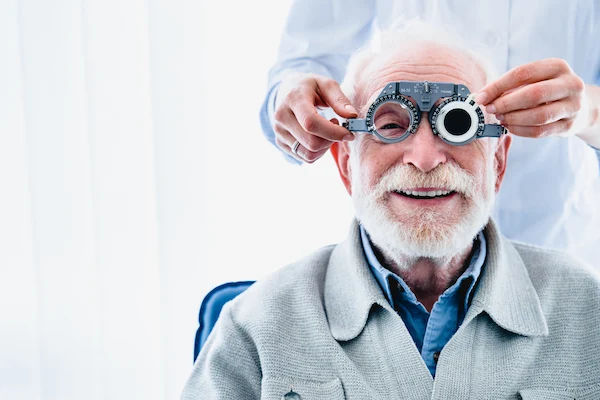
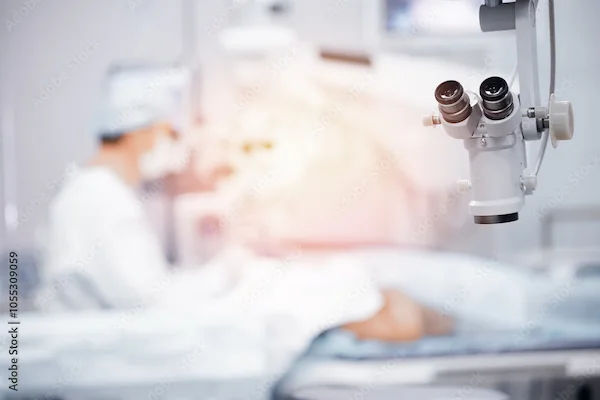
.webp)
